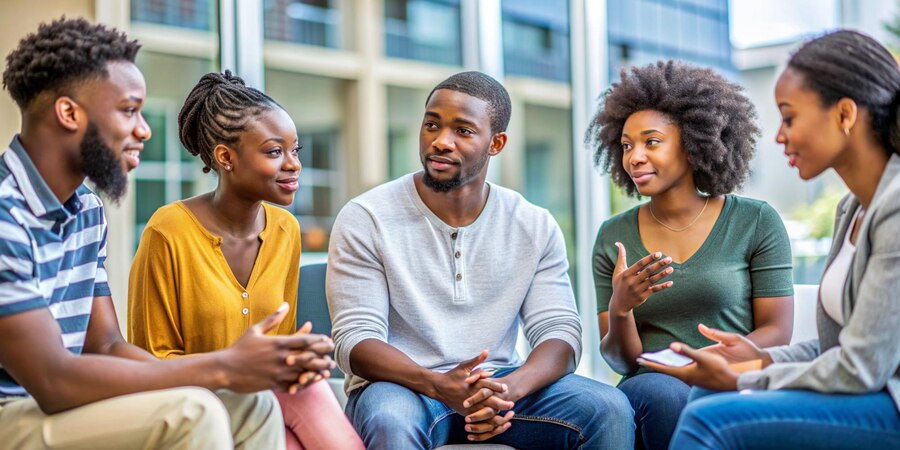
Promoting Good Health and Well-being: At the heart of our mission is a strong commitment to improving health within the communities of Nairobi, especially in informal settlements. We believe in empowering individuals to embrace healthier lifestyles through a blend of behavioral and structural interventions. Our initiatives are designed to engage the community directly ranging from comprehensive non-communicable disease (NCD) screening and prevention efforts to tailored training sessions. We focus on early detection and management of conditions like reproductive cancers, hypertension, and diabetes, ensuring that families learn to proactively address health challenges and adopt preventive measures.
Our preventive health program also includes making a real difference in emergency situations, especially regarding the incredible first responders at traffic accident scenes. With our metropolitan hospital strategically located on the eastern side of Nairobi, it’s often the go-to place for accident cases in the area. Over the years, we’ve seen how important it is to empower first responders, their actions during the first few minutes of accidents determine life or death. We believe in prevention, and by equipping these unsung heroes, motorbike riders and matatu drivers, with essential first aid skills and giving them the life-saving knowledge they need, we can help ensure that immediate and effective assistance is available to those who need it most during critical moments.
Additionally, we are cognizant that financial barriers can hinder access to crucial health services, especially for the over 90% of our target population who lack private health insurance. To address this, our Samaritan Purse program provides structural assistance by subsidizing up to 40% of medical treatment costs. This support alleviates some of the financial burdens associated with managing and treating NCDs and the cost of critical care during traffic accident emergencies as we seek the survivor’s family.
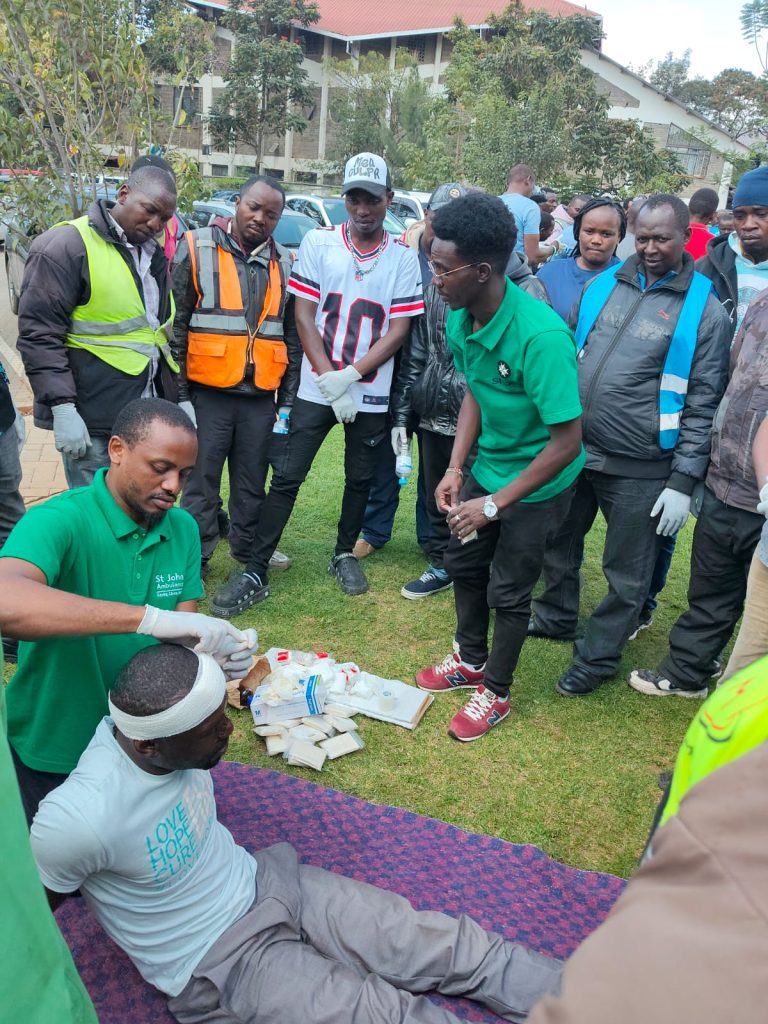
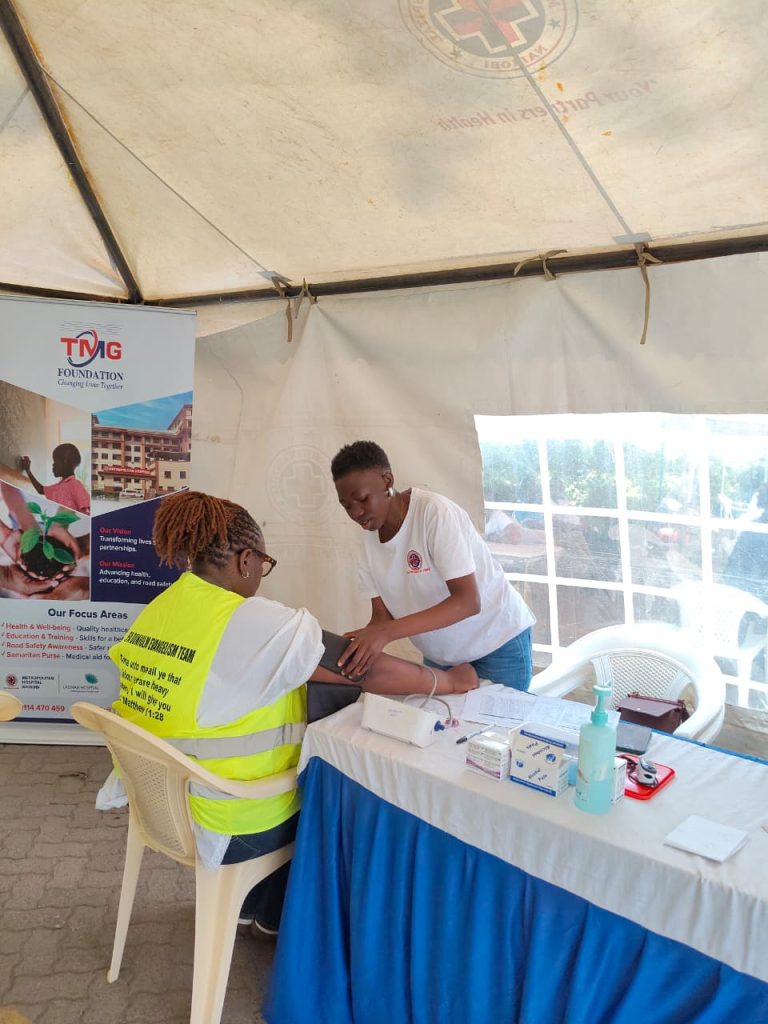
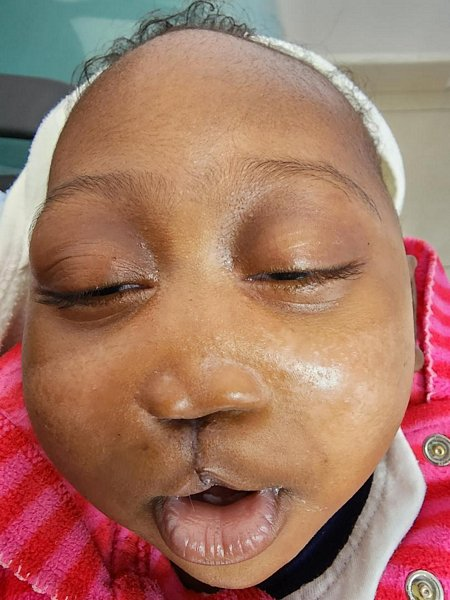
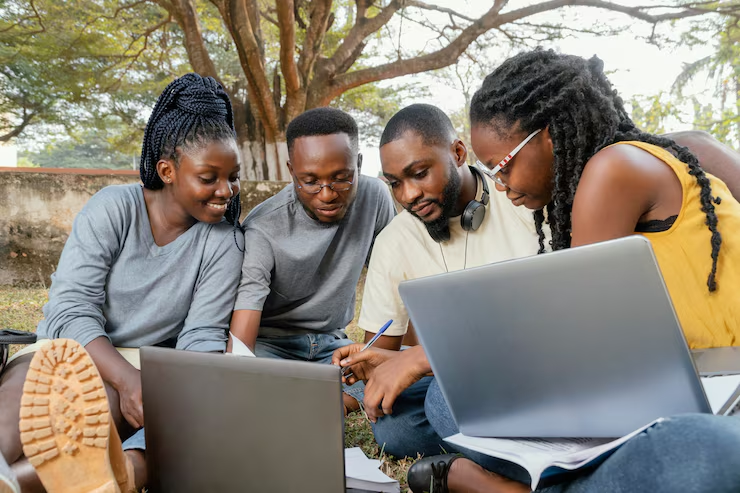
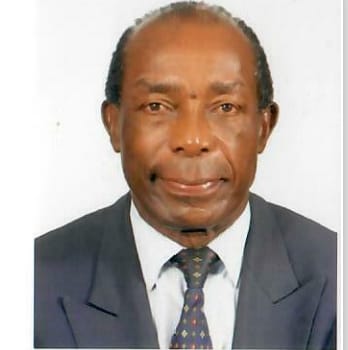
Dr. Robin Mogere has been actively involved in practicing medicine for the past 30 years and holds an
MBChB from the University of Nairobi and an FRCS from the Royal College of Surgeons Edinburg.
He previously worked at the Coast General Hospital and Taita Taveta District Hospital. He studied at Guys Hospital for Surgical Training and Specialization, before proceeding to the University of Nairobi as a Lecturer in the Surgery Department. Mr. Mogere has tirelessly served as a board member in the following institutions; Medical Practitioners and Dentists Board, The Nairobi Hospital, and has been the Chairman as well as a board member of the Metro Group PLC since its inception.